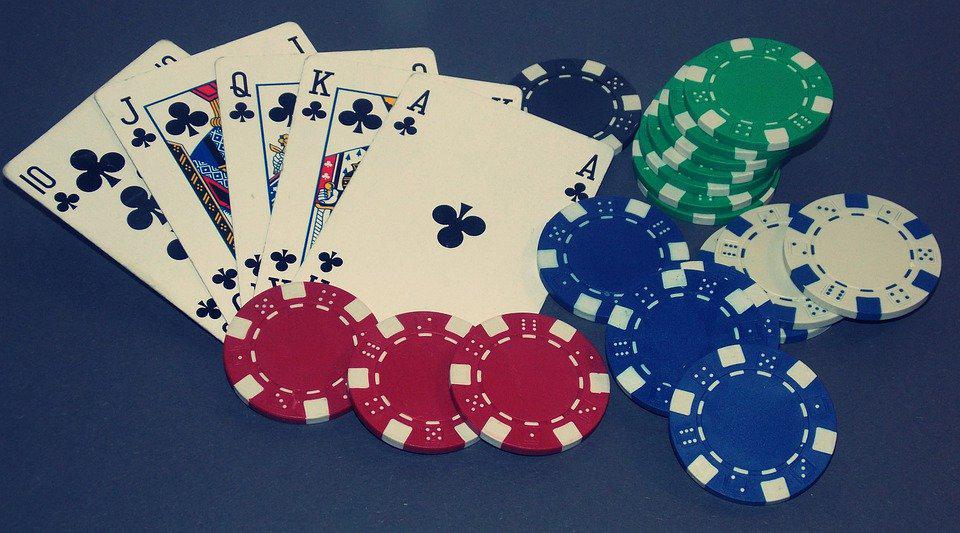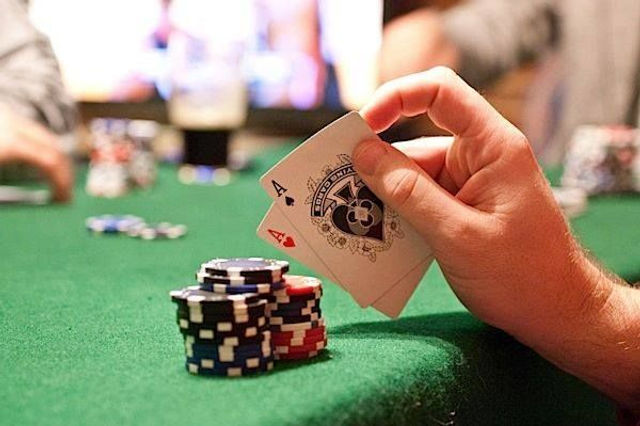
Poker 101: Essential Insights Before You Play Your First Hand
For the uninitiated, poker might seem like a simple game of cards, but it’s much more than that. A combination of skill, strategy, and psychology, poker has captured the hearts and minds of enthusiasts worldwide. Before you sit down at a table or log onto an online platform, it’s crucial to be equipped with the basics.
This article aims to arm you with essential insights that every poker novice should know. These tips can help you navigate the intricacies of the game, avoid common pitfalls, and perhaps, begin your journey to becoming a poker pro.
Understanding the Game’s Variants
Poker isn’t just one game but a family of related card games with varied rules and strategies. The most popular variant is Texas Hold’em, characterized by its community cards and exciting gameplay. However, there are others like Omaha, Seven-card Stud, and Razz. Each variant offers a unique challenge and requires a different strategic approach.
Before diving in, research and understand the basics of each variant. Choose one that aligns with your interest and learn its rules inside out.
The Importance of Position
In poker, where you sit matters. Your position at the table relative to the dealer button can significantly influence your gameplay. Early positions are less advantageous, as you act before most players. On the other hand, being in a late position allows you to make decisions based on others’ actions, giving you crucial information.
Mastering positional play can be a game-changer. Always be aware of your position and adjust your strategy accordingly.
Starting Hand Selection
The Power of Premium Hands
Not all poker hands are created equal. Some hands, like high pairs or suited connectors, have a higher likelihood of winning. It’s essential to recognize these premium hands and play them aggressively. They can be your ticket to sizable pots.
Avoiding Mediocre Hands
Mediocre or ‘trap’ hands might look promising but can lead to significant losses. Hands like low pairs or unsuited face cards can be tempting but often don’t fare well against stronger combinations. Be discerning in your hand selection and avoid being lured by mediocre possibilities.
Knowing When to Fold
One of the most valuable skills in poker is knowing when to fold. Holding onto a weak hand in hopes of it improving can be a costly mistake. Recognize when you’re beat, and don’t be afraid to fold and conserve your chips for better opportunities.

Poker Etiquette and Behavior
Poker is as much a social game as it is a strategic one. Understanding and respecting poker etiquette ensures a pleasant experience for everyone at the table. This includes not berating other players, being respectful when you win, and avoiding “slow rolling” (delaying showing your winning hand).
Additionally, controlling your emotions, often termed as having a “poker face,” can prevent opponents from reading your game. Avoid showing frustration or too much excitement, and remain neutral regardless of the hand’s outcome.
Continuous Learning and Practice
Poker is a game of constant evolution. Even the best players continuously learn and adapt their strategies. Dive into books, watch tournaments, and join poker communities to keep updating your knowledge.
Most importantly, practice regularly. Whether it’s friendly games, online platforms, or local tournaments, the more you play, the better you’ll become. Remember, every poker champion started as a novice. With dedication and the right approach, you too can master this enthralling game.



